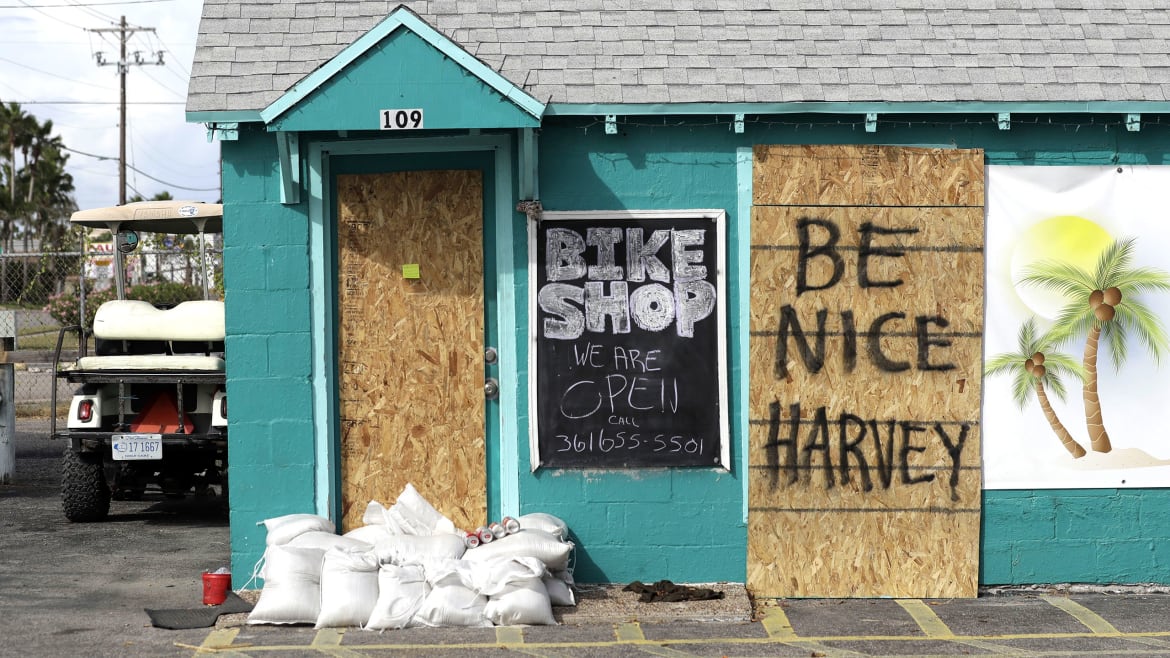Reading the Hurricane Harvey safety page and finding so many people turning to Facebook, pleading for a rescue because 911 isn’t working. Or they are looking for missing ones. Or they have run out of baby formula. Or they are stuck with a medical emergency and can’t get help. Some are offering to get to those in need. One person is pissed that they weren’t told to evacuate (because the state/governor still doesn’t know how to handle a 6.5 million person exodus). I am grateful that friends are weathering the storm. But I’m feeling the chaos and the urgency.
Yesterday I met with a documentary photographer here in Lagos. He showed me an unpublished series of black and white shots (hauntingly gorgeous) of the stretch of shore that moves east from Lekki/Lagos. As I took these involuntary deep hesitant breaths with each image, he told me that what I was seeing no longer exists. Climate change – in the intense form of hurricanes or the more subtle forms or littoral erasure – brings repeated losses, which is what I was seeing in these images. And with the final disappearance of the shore and the homes/communities that once stood on it, you could feel a kind of fractionated sense of being in those who remain. I don’t mean that people were broken but transformed into something else out of these climate change losses. Dignity and emptiness at once. Or something far deeper and out of my field of understanding.
I have to wonder about the stories of repeated loss that lead to a final disappearance. I think this is the one commonality across sites where climate change makes itself most visible to us humans. There’s plenty to say about sustained willingness to endure life like this but that needs a lot of qualification.
(Photo Credit: The Daily Beast / AP)
